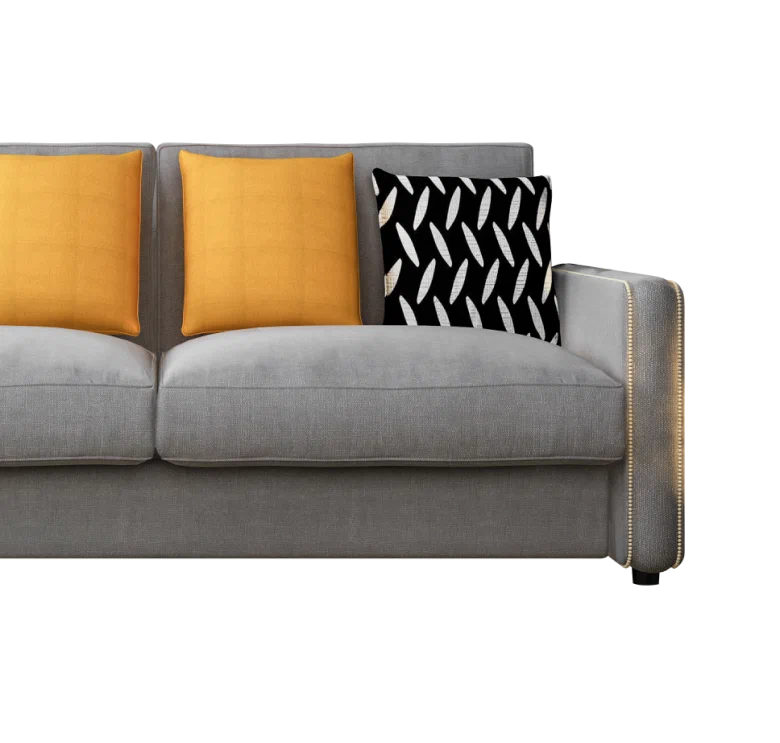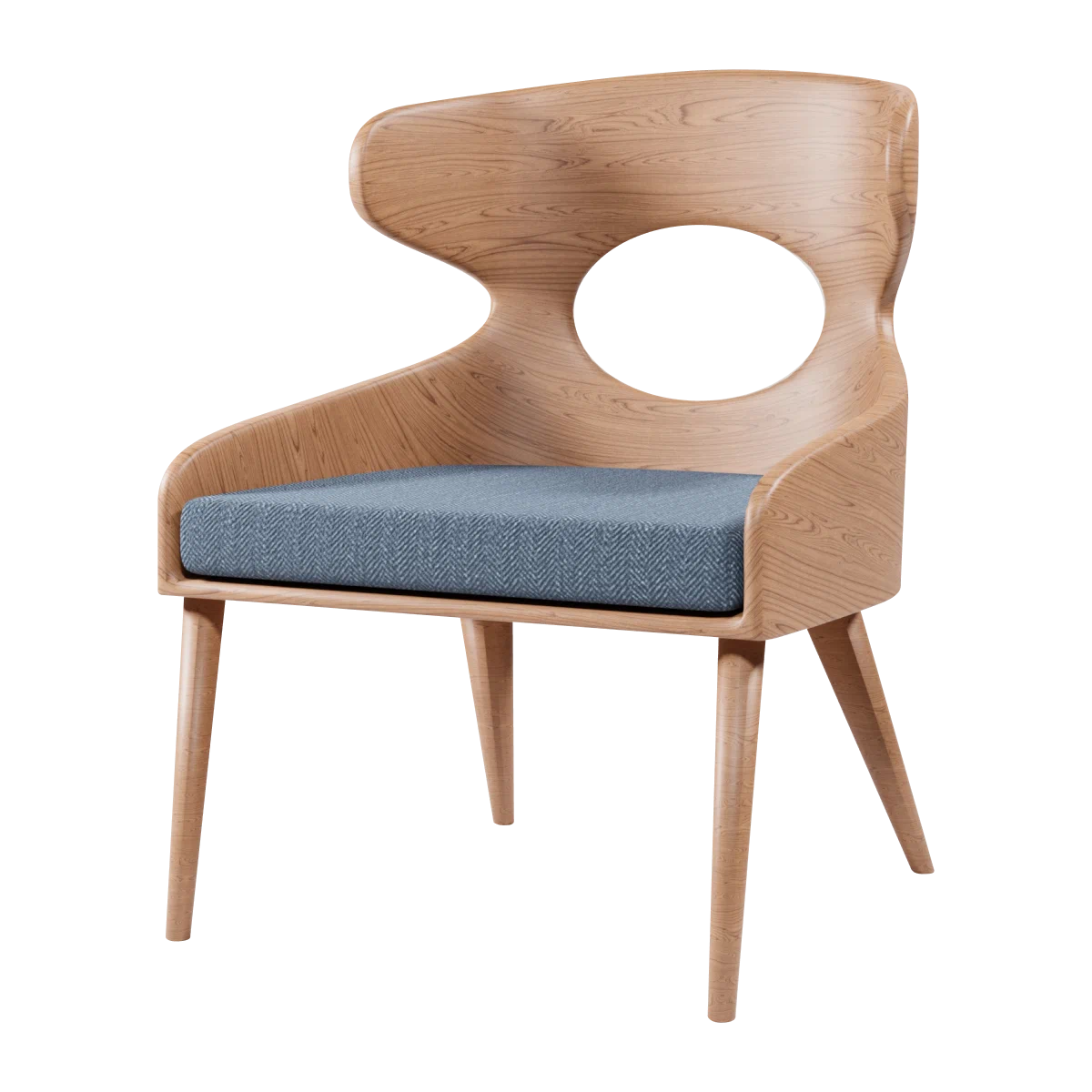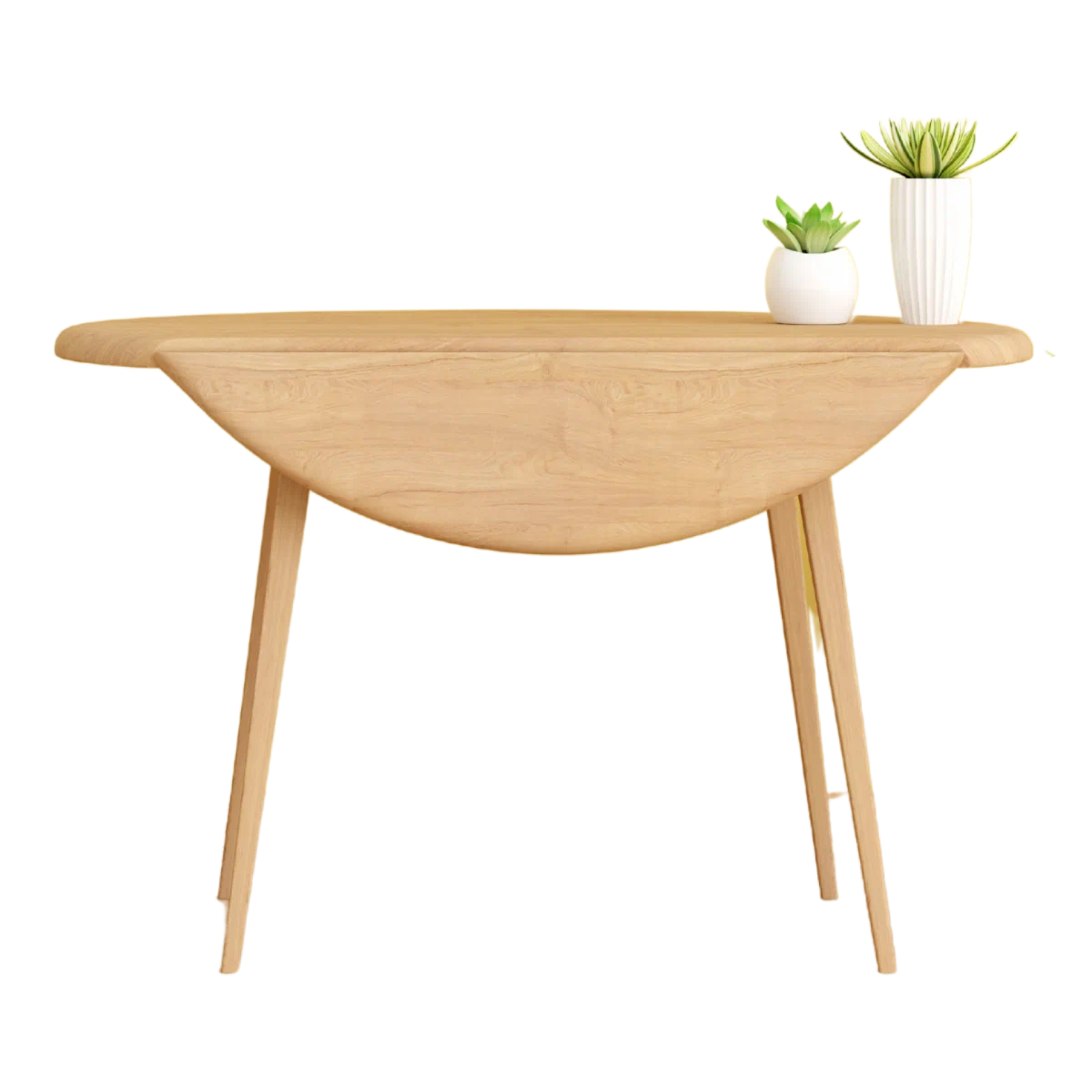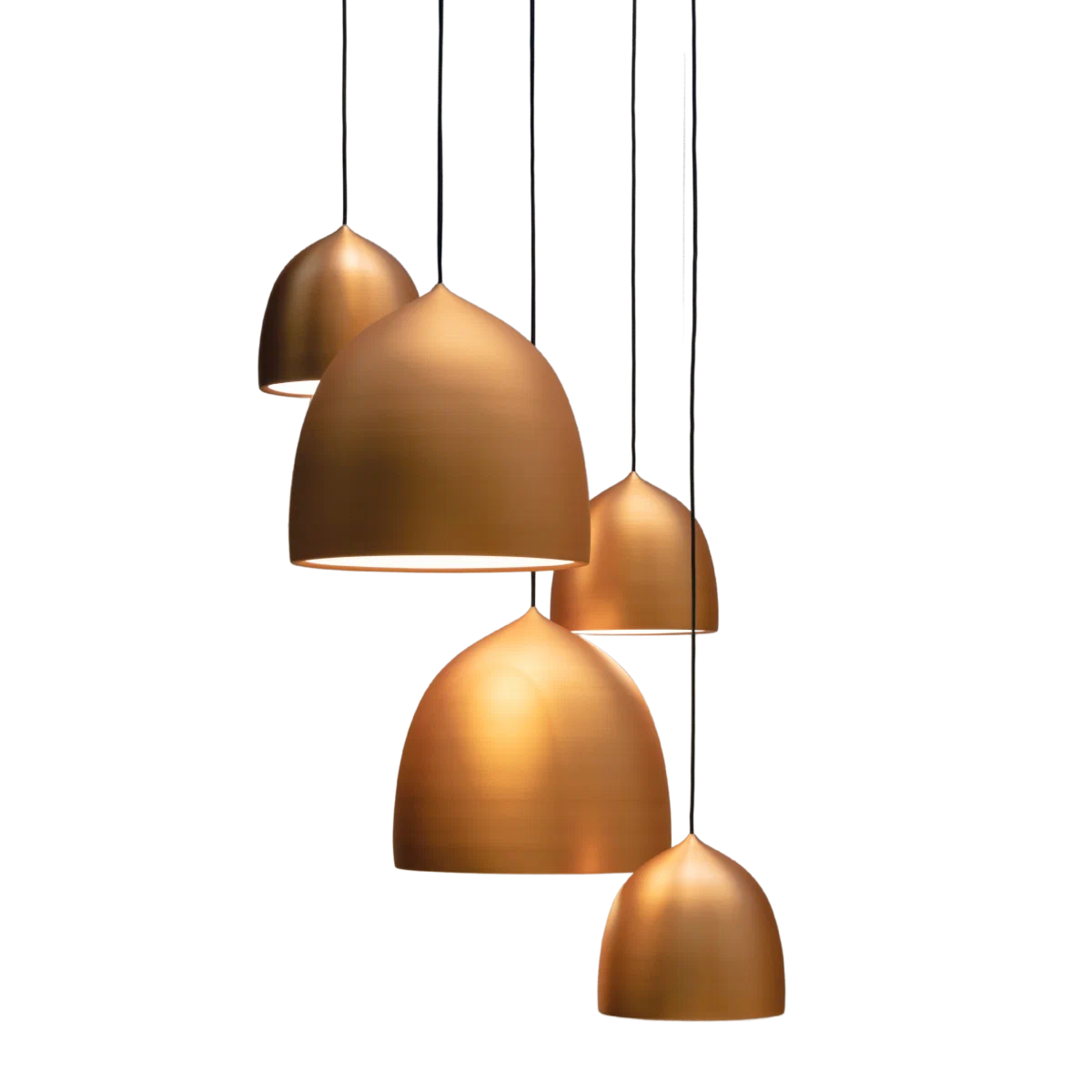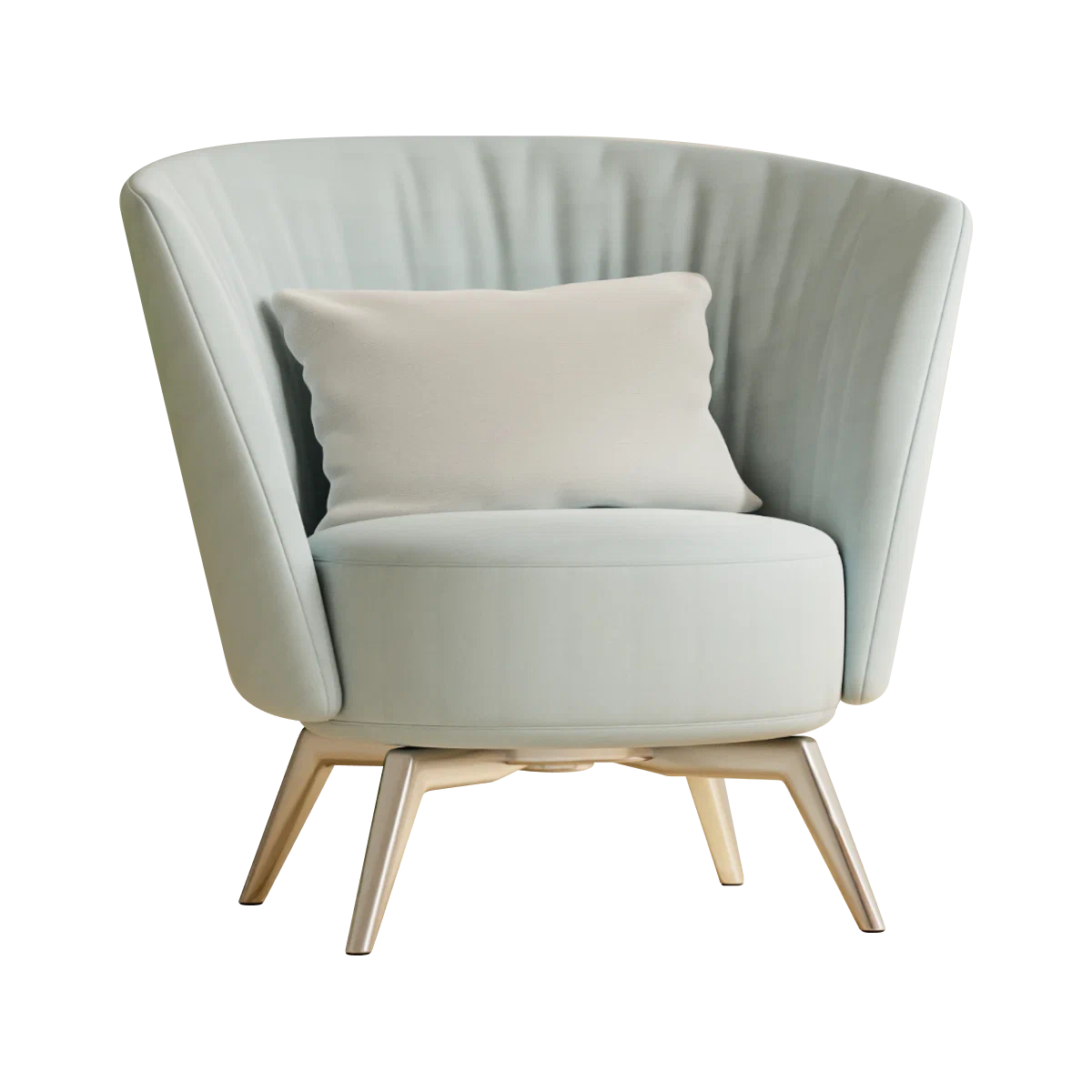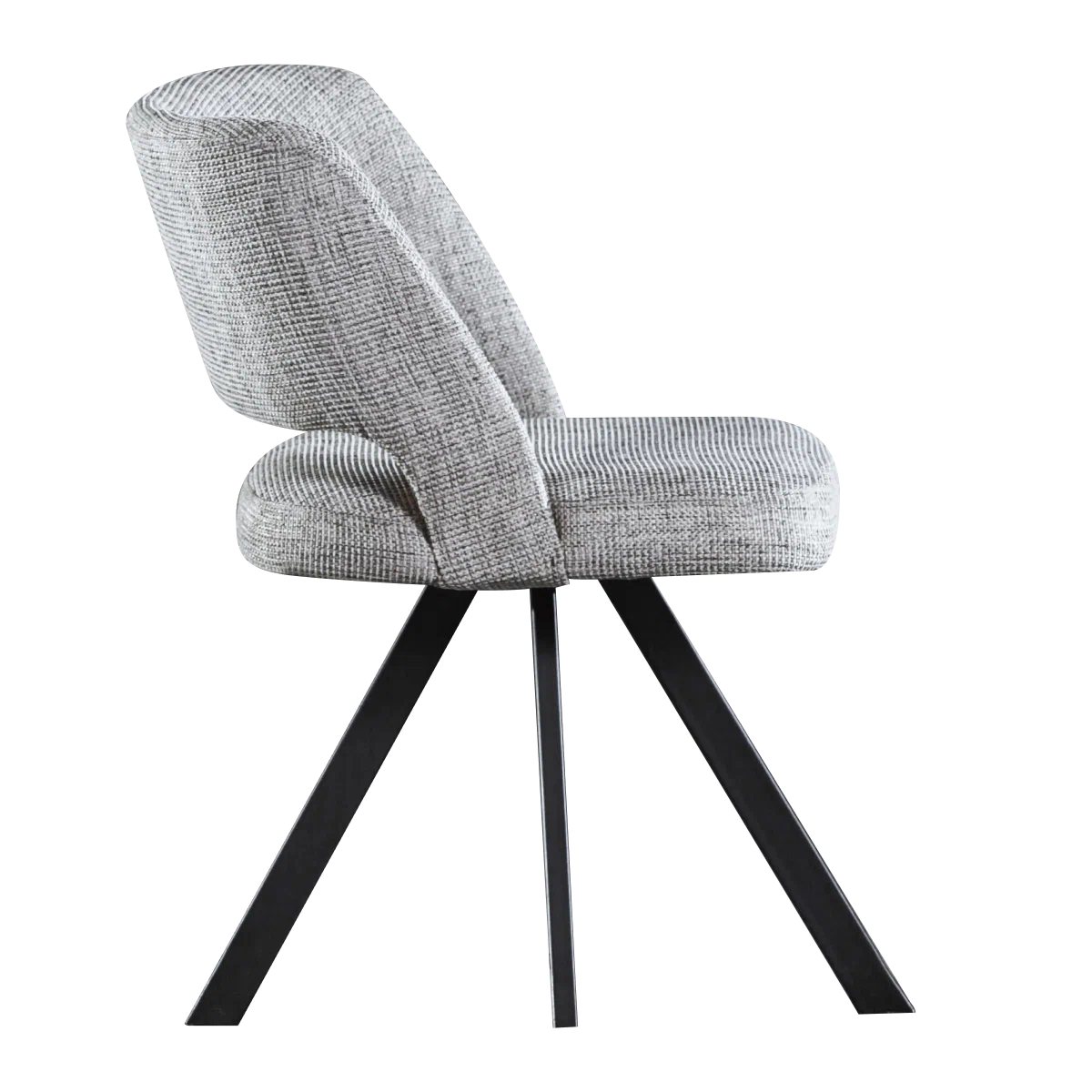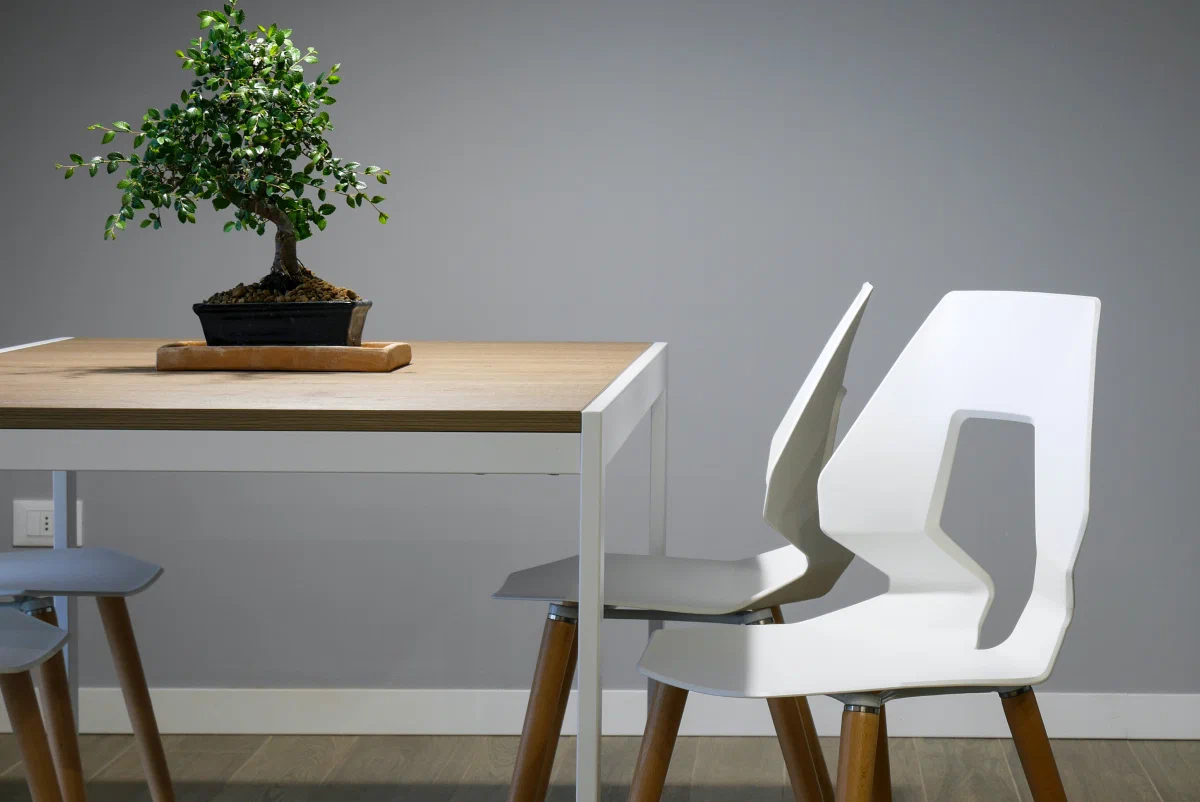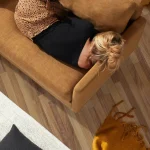
Leather vs. Fabric: The Ultimate Guide to Sofa Upholstery
November 29, 2024
Sofa Or couche Everything You Need to Know Before You Buy
November 29, 2024
Leather vs. Fabric: The Ultimate Guide to Sofa Upholstery
November 29, 2024
Sofa Or couche Everything You Need to Know Before You Buy
November 29, 2024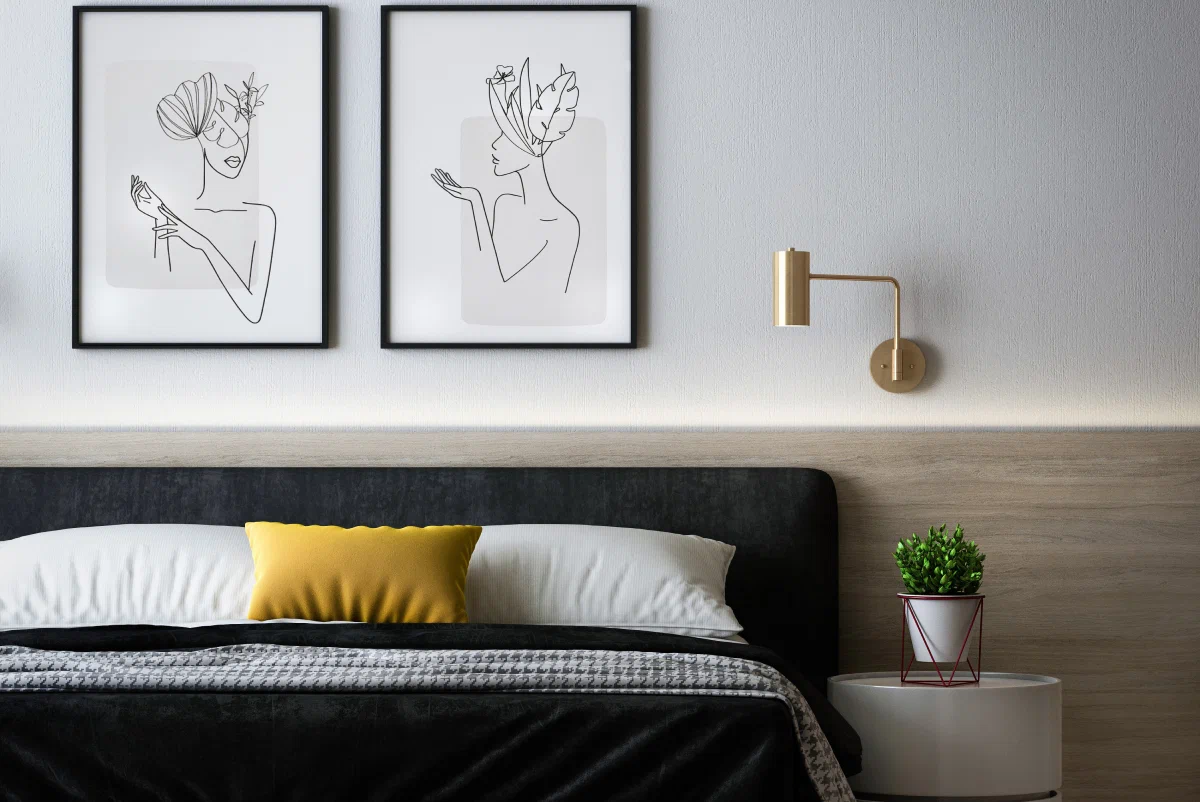
How to Spot a Fake Designer Couch: Don't Get Duped!
Introduction:
Okay, let's talk about fake designer couches! It's a jungle out there, and unfortunately, there are some shady sellers trying to pass off knock-offs as the real deal. I remember this one time I almost fell for it myself. I found this amazing deal on a "designer" sofa online, and I was so excited to snag it. But something just felt off. The price was suspiciously low, and the photos looked a little too perfect. So, I did some digging, and guess what? It was a total fake! Thankfully, I dodged a bullet, but it made me realize how important it is to be able to spot a fake. So, in this guide, I'm going to share all the insider tips and tricks I've learned over the years to help you avoid getting duped. From checking labels and stitching to examining the materials and construction, we'll cover everything you need to know to become a fake-spotting pro!
Price Check: If It Seems Too Good to Be True…
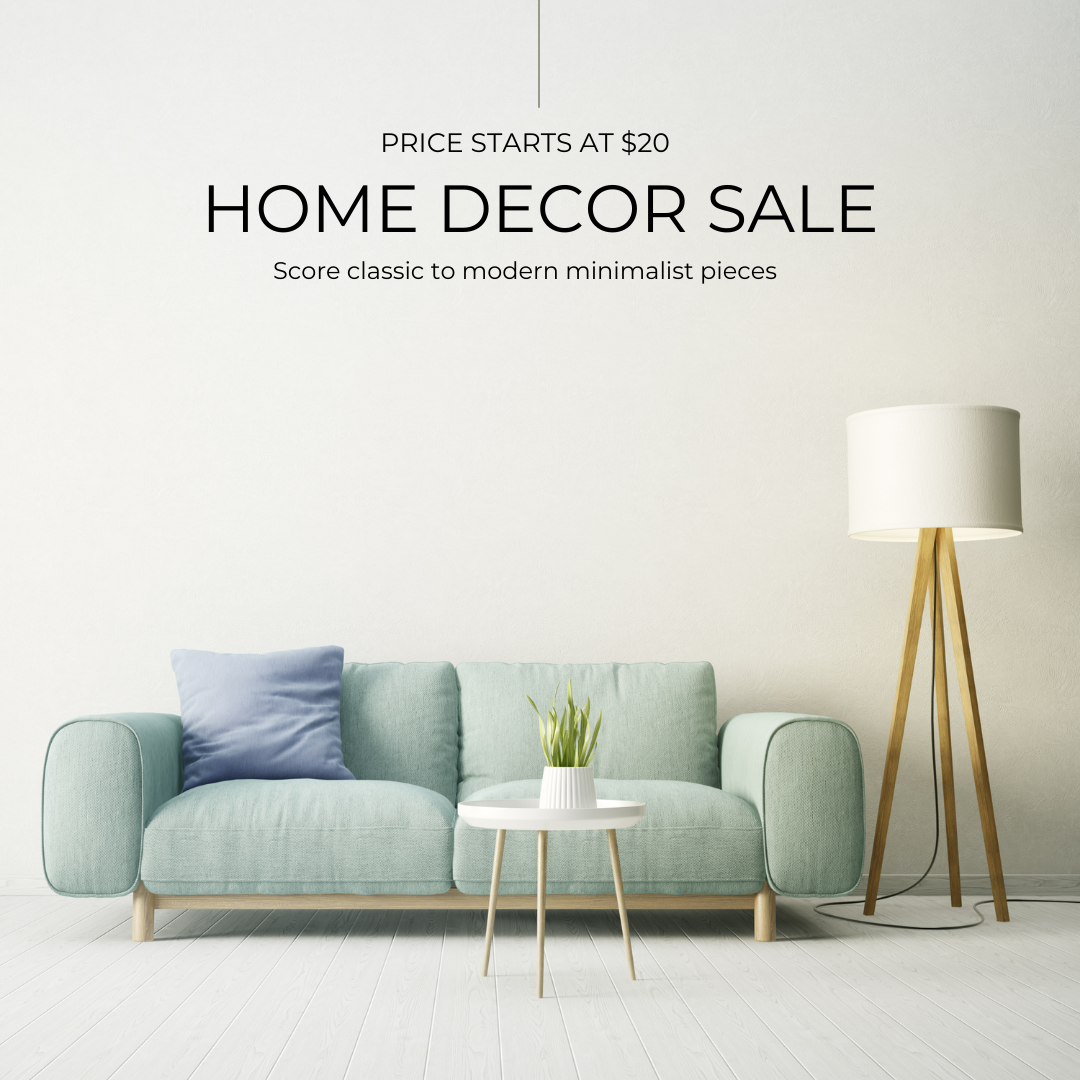
Remember that old saying, "If it seems too good to be true, it probably is"? Well, that definitely applies to designer couches. Authentic designer pieces are an investment, and they come with a price tag to match.
I learned this lesson the hard way when I was first starting out. I was browsing online and stumbled upon this gorgeous sofa that looked exactly like a piece from a high-end Italian brand. The price? A fraction of what I expected. I was ecstatic! I almost clicked "buy" right then and there, but something held me back.
Thankfully, I did a little more digging. I compared the price to similar sofas from the same brand and found that it was significantly lower. That's when the alarm bells started ringing. I did some more research on the seller and found a bunch of negative reviews from people who had been scammed. Turns out, the sofa was a cheap knock-off!
So, what's the takeaway here? Don't let the excitement of a bargain cloud your judgment. If a price seems too good to be true, it probably is. Here are a few things to keep in mind:
- Compare Prices: Before you buy, do some comparison shopping. Check the prices of similar sofas from different sellers, both online and in brick-and-mortar stores. This will give you a good idea of the average price range for that particular piece.
- Be Wary of Deep Discounts: While it's possible to find legitimate discounts on designer furniture, be wary of prices that are significantly lower than the average. If a deal seems too good to be true, it's probably a red flag.
- Remember the Value: Authentic designer couches are made with high-quality materials and expert craftsmanship. They're built to last and often appreciate in value over time. So, while the initial investment might be higher, you're getting a piece that will provide you with years of enjoyment and potentially even increase in value.
By being mindful of the price and doing your research, you can avoid falling prey to counterfeit couches and ensure you're investing in an authentic piece that will bring you joy for years to come.
Label Detective: Examining Tags and Logos
Alright, so you've found a couch that looks like a million bucks, and the price seems reasonable. But before you whip out your credit card, it's time to put on your detective hat and do some sleuthing. One of the key ways to spot a fake designer couch is to carefully examine the labels and logos.
I remember this one time I was at a flea market, and I spotted this vintage-looking armchair that I thought was a classic Eames design. It had the right shape and the right look, but something just didn't feel quite right. So, I flipped it over and looked for the label. And guess what? There was no label! That's when I knew it was a fake.
Authentic designer furniture almost always has some kind of identification, whether it's a brand tag, a label sewn into the seam, or even a stamp on the underside of the frame. So, if you're looking at a couch and you can't find any identifying marks, that's a major red flag.
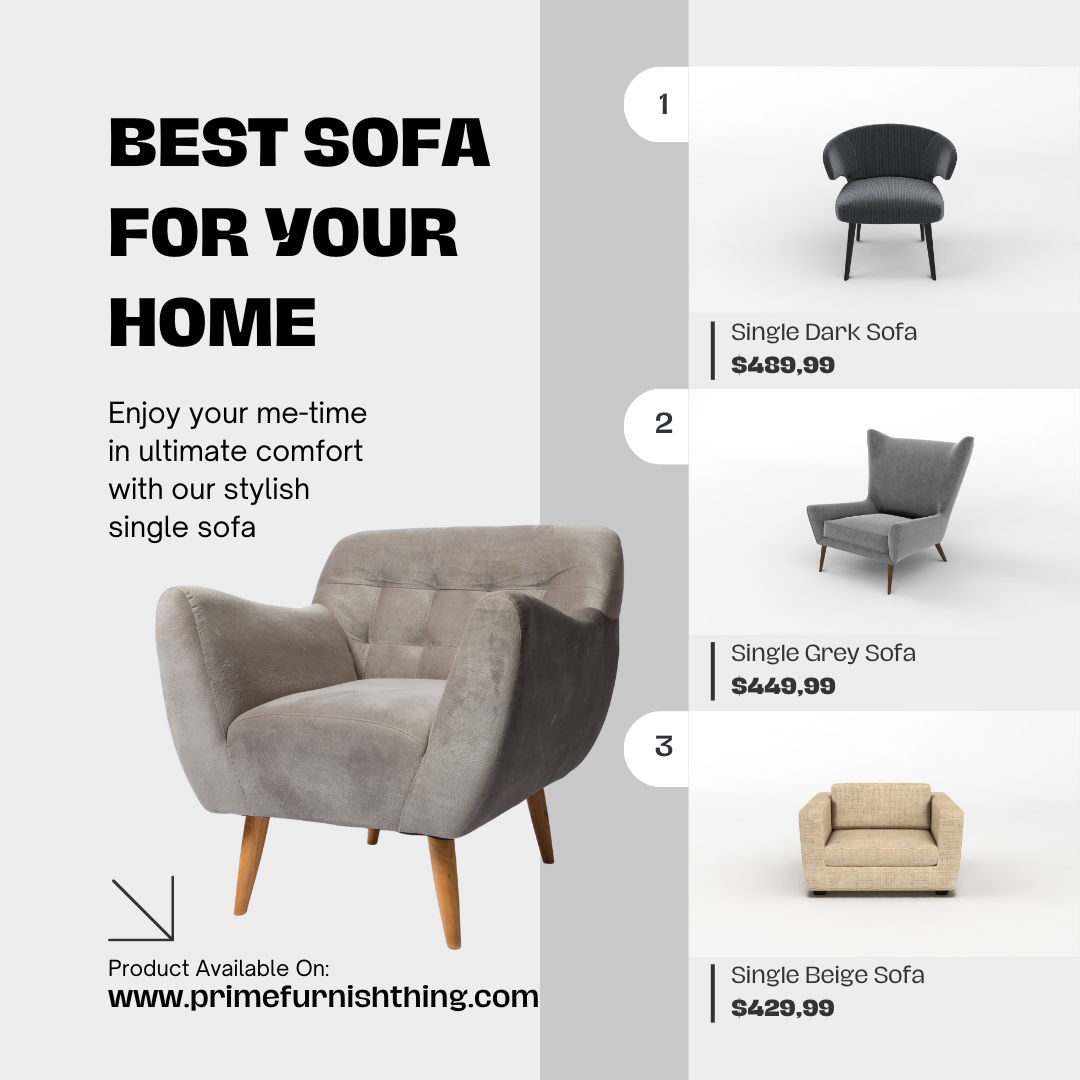
Here are a few things to look for:
- If you're buying online, make sure to ask the seller for clear photos of the labels and logos. And if you're buying in person, don't be shy about asking to see the tags or certificates. A reputable seller will be happy to provide you with this information.
By becoming a label detective, you can significantly reduce your risk of buying a fake designer couch. So, keep your eyes peeled, and don't let those counterfeiters fool you!
Material World: Assessing Quality and Authenticity
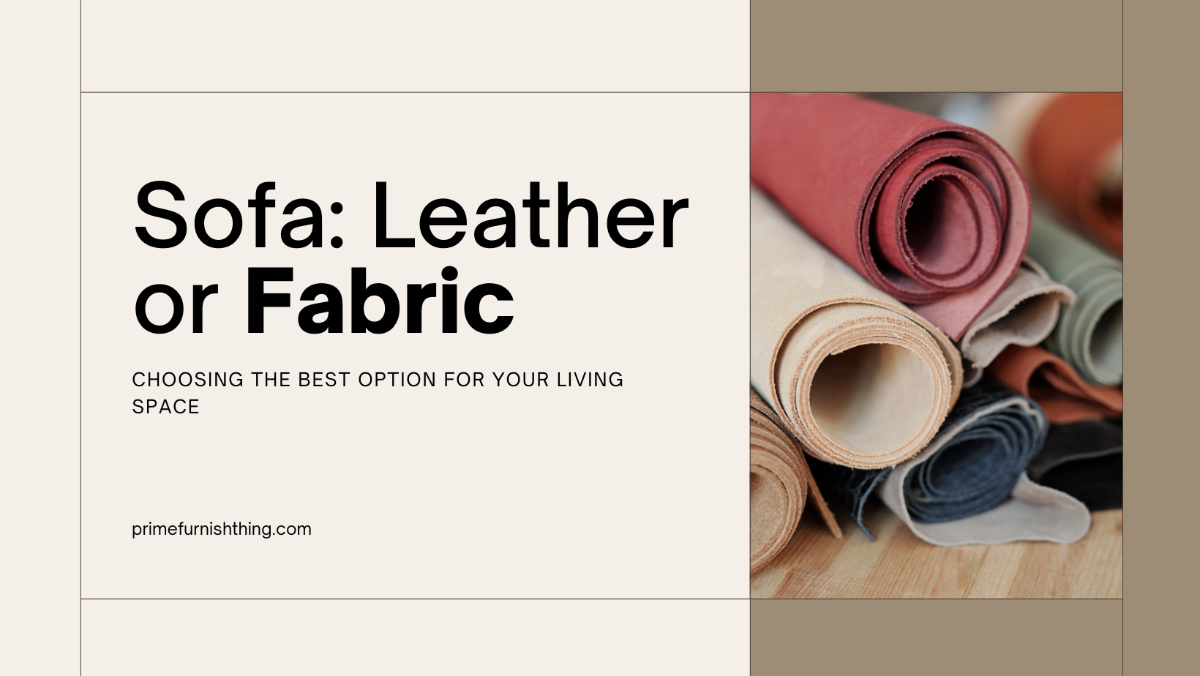
So, you've checked the price, you've scrutinized the labels, and everything seems to be in order. But don't let your guard down just yet! The next step in spotting a fake designer couch is to carefully assess the quality and authenticity of the materials.
I remember this one time I was helping a friend shop for a leather sofa. We found this beautiful piece that looked like it was made with high-quality leather. But when we got closer and really examined the material, we noticed that it had a plasticky feel and a slightly unnatural sheen. It turned out to be faux leather, not the real deal.
Authentic designer couches are typically made with premium materials, whether it's top-grain leather, luxurious velvet, or finely woven linen. So, if you're looking at a couch and the materials seem subpar, that's a red flag.
Here are a few things to look for:
- Leather Quality: If the couch is leather, examine the grain, texture, and feel. Does it feel supple and soft, or is it stiff and plasticky? Does it have natural variations in color and texture, or is it perfectly uniform? Real leather has unique characteristics and imperfections, while faux leather often looks too perfect.
- Fabric Quality: If the couch is upholstered in fabric, pay attention to the weave, texture, and weight. Does it feel substantial and well-made, or is it thin and flimsy? Are the patterns and colors consistent throughout the fabric? Cheap fabrics often have a loose weave, uneven dyeing, or a synthetic feel.
- Inconsistencies: Look for inconsistencies in the materials. Are there any areas where the color or texture seems different? Are there any signs of fraying, pilling, or other wear and tear that seem out of place for a new couch? These could be signs that the materials are not of the highest quality.
- Smell Test: This might sound strange, but sometimes you can actually smell the difference between real and fake materials. Real leather has a distinct, earthy aroma, while faux leather often has a chemical or plastic smell.
By carefully examining the materials and looking for any red flags, you can avoid getting fooled by a fake designer couch. Remember, authentic pieces are made with quality materials that are built to last. So, don't settle for anything less!
Construction Zone: Inspecting the Frame and Stitching
Alright, you've checked the price, scrutinized the labels, and felt the materials. Now it's time to roll up your sleeves and get a little more hands-on. We're going to inspect the construction of the couch, paying close attention to the frame and stitching.
I remember this one time I was looking at a used sofa that seemed like a great deal. The leather was in good condition, and the style was exactly what I was looking for. But when I sat down, I felt the frame creak and wobble beneath me. Upon closer inspection, I noticed that the frame was made of flimsy wood and held together with staples! Needless to say, I passed on that "deal."
Authentic designer couches are built to last. They have sturdy frames made of high-quality materials like kiln-dried hardwood, and they're constructed with meticulous attention to detail. So, if you're looking at a couch and the construction seems shoddy, that's a major red flag.
Here are a few things to look for:
- Frame Material: Check the frame for sturdiness and quality. Is it made of solid wood, or is it made of particleboard or other cheap materials? A solid wood frame will be heavier and more durable. You can often get a sense of the frame's quality by gently shaking or lifting the couch.
- Joints and Connections: Examine how the frame is joined together. Are the joints tight and secure, or are they loose and wobbly? Look for signs of proper joinery, such as dowels, screws, or mortise-and-tenon joints. Avoid couches that are held together with staples or glue.
- Stitching: Take a close look at the stitching. Is it even and precise, or is it sloppy and uneven? Are the seams straight and well-aligned? High-quality stitching is a sign of good craftsmanship.
- Upholstery Attachment: Check how the upholstery is attached to the frame. Is it securely fastened, or is it loose and sagging? Loose upholstery can be a sign of poor construction or cheap materials.
By carefully inspecting the frame and stitching, you can get a good sense of the overall quality and construction of the couch. Remember, a well-made couch will not only look good but also provide you with years of comfortable use. So, don't be afraid to get a little hands-on and inspect the construction before you make your purchase.
Comfort Check: Does It Feel Like the Real Deal?

Alright, you've inspected the price, the labels, the materials, and even the construction. Everything seems to be checking out. But before you declare victory in your quest for an authentic designer couch, there's one more crucial test: the comfort check.
I remember this one time I was looking at a sofa that was supposedly a replica of a famous mid-century modern design. It looked the part, and the construction seemed solid enough. But when I sat down, it felt like I was sinking into quicksand! The cushions were way too soft, and there was no support for my back. It was definitely not the comfortable, ergonomic experience I was expecting from a designer piece.
Authentic designer couches are not only beautiful; they're also designed for comfort and ergonomics. They're made with high-quality cushions, supportive frames, and carefully considered dimensions to provide a comfortable and enjoyable seating experience. So, if you're testing out a couch and it feels uncomfortable or poorly made, that's a sign that it might not be the real deal.
Here are a few things to consider during your comfort check:
- Cushion Comfort: How do the cushions feel? Are they firm enough to provide support, or are they too soft and squishy? Do they feel well-made and durable, or do they seem like they'll lose their shape quickly?
- Back Support: Does the couch provide adequate support for your back? Can you sit comfortably for an extended period without feeling strained or achy?
- Ergonomics: Pay attention to the overall ergonomics of the couch. Are the seat depth, armrest height, and back angle comfortable for you? Can you easily get in and out of the couch?
- Overall Feel: Does the couch feel well-made and substantial, or does it feel flimsy and cheap? A high-quality couch should feel solid and well-constructed.
If you've tried authentic designer couches before, compare the feel of the couch you're considering to those experiences. Does it feel similar in terms of comfort and quality? If not, that could be a red flag.
Don't be afraid to spend some time sitting on the couch, trying out different positions, and really getting a feel for its comfort level. After all, you're going to be spending a lot of time on this couch, so you want to make sure it's a comfortable and enjoyable experience.
Seller Scrutiny: Researching Reputation and Reviews

Okay, you've thoroughly inspected the couch itself, and it seems to be passing all the tests. But before you hand over your hard-earned cash, it's time to do a little background check on the seller.
I remember this one time I was looking at a vintage designer chair online. The photos looked amazing, and the price was reasonable. But when I started researching the seller, I couldn't find any information about them. No website, no reviews, no contact information—nothing! It was like they didn't even exist. That's when I decided to walk away. It was just too risky.
When you're buying a designer couch, especially if it's a significant investment, it's crucial to buy from a reputable seller. This will not only reduce your risk of getting scammed but also ensure that you have recourse if something goes wrong with your purchase.
Here are a few things to consider when scrutinizing the seller:
- Online Presence: Does the seller have a professional website or online store? Do they have a presence on social media? A legitimate seller will typically have a well-established online presence.
- Reviews and Testimonials: Check for reviews and testimonials from previous customers. What are people saying about their experiences with this seller? Are there any red flags or complaints?
- Contact Information: Does the seller provide clear contact information, including a physical address, phone number, and email address? Are they responsive to your inquiries? A reputable seller will be transparent and easy to contact.
- Return Policy: What is the seller's return policy? Do they offer refunds or exchanges if you're not happy with your purchase? A good return policy can give you peace of mind.
- Payment Methods: What payment methods does the seller accept? Be wary of sellers who only accept cash or wire transfers, as these can be difficult to trace if something goes wrong.
If you're buying from an online marketplace like eBay or Craigslist, be extra cautious. Check the seller's feedback rating and read their reviews carefully. And if you're buying from a brick-and-mortar store, make sure it's a reputable business with a good track record.
By doing your research and scrutinizing the seller, you can significantly reduce your risk of buying a fake designer couch. Remember, a trustworthy seller will be transparent, responsive, and willing to answer your questions.
Trust Your Gut: When Something Feels Off
You've done your due diligence. You've checked the price, scrutinized the labels, inspected the materials and construction, assessed the comfort, and even researched the seller. But there's one final, crucial step in spotting a fake designer couch: trusting your gut.
I remember this one time I was about to buy a vintage sofa from an antique store. It looked authentic, the price was right, and the seller seemed reputable. But there was just this nagging feeling in the back of my mind that something wasn't quite right. I couldn't put my finger on it, but I just didn't feel good about the purchase.
So, I decided to sleep on it. And the next day, I woke up with a clear head and realized that the stitching on the sofa was slightly off. It was a subtle detail, but it was enough to make me question the authenticity of the piece. I went back to the store, took another look, and sure enough, I found a few other inconsistencies that confirmed my suspicions. It was a fake!
Sometimes, even after all the research and inspection, you just have a feeling that something isn't right. Maybe the seller seems a little too eager to make a deal, or maybe the couch just doesn't feel quite like the real deal. Whatever it is, don't ignore that feeling.
Here are a few signs that your gut might be trying to tell you something:
- The Deal Seems Too Good to Be True: If the price is significantly lower than what you'd expect, or if the seller is offering a deal that seems too good to be true, be wary.
- The Seller is Evasive or Pushy: If the seller is reluctant to answer your questions, provide details about the couch, or seems overly pushy to make a sale, that's a red flag.
- You Notice Inconsistencies: If you notice any inconsistencies in the labels, materials, construction, or overall feel of the couch, don't ignore them.
- You Just Don't Feel Good About It: Sometimes, you just have a gut feeling that something isn't right. Trust your instincts and don't be afraid to walk away from a deal that doesn't feel right.
Remember, buying a designer couch is an investment. You want to make sure you're getting an authentic piece that you'll love for years to come. So, trust your gut, and don't be afraid to walk away if something feels off.
By following these tips and trusting your instincts, you can avoid getting scammed and confidently bring home a designer couch that's the real deal. Happy shopping!
So there you have it! You're now armed with the knowledge and tools to spot a fake designer couch from a mile away. Remember to always do your research, trust your instincts, and don't be afraid to ask questions. By being a savvy shopper, you can confidently invest in an authentic piece that will bring you years of style and comfort. Happy couch hunting! 🛋️


